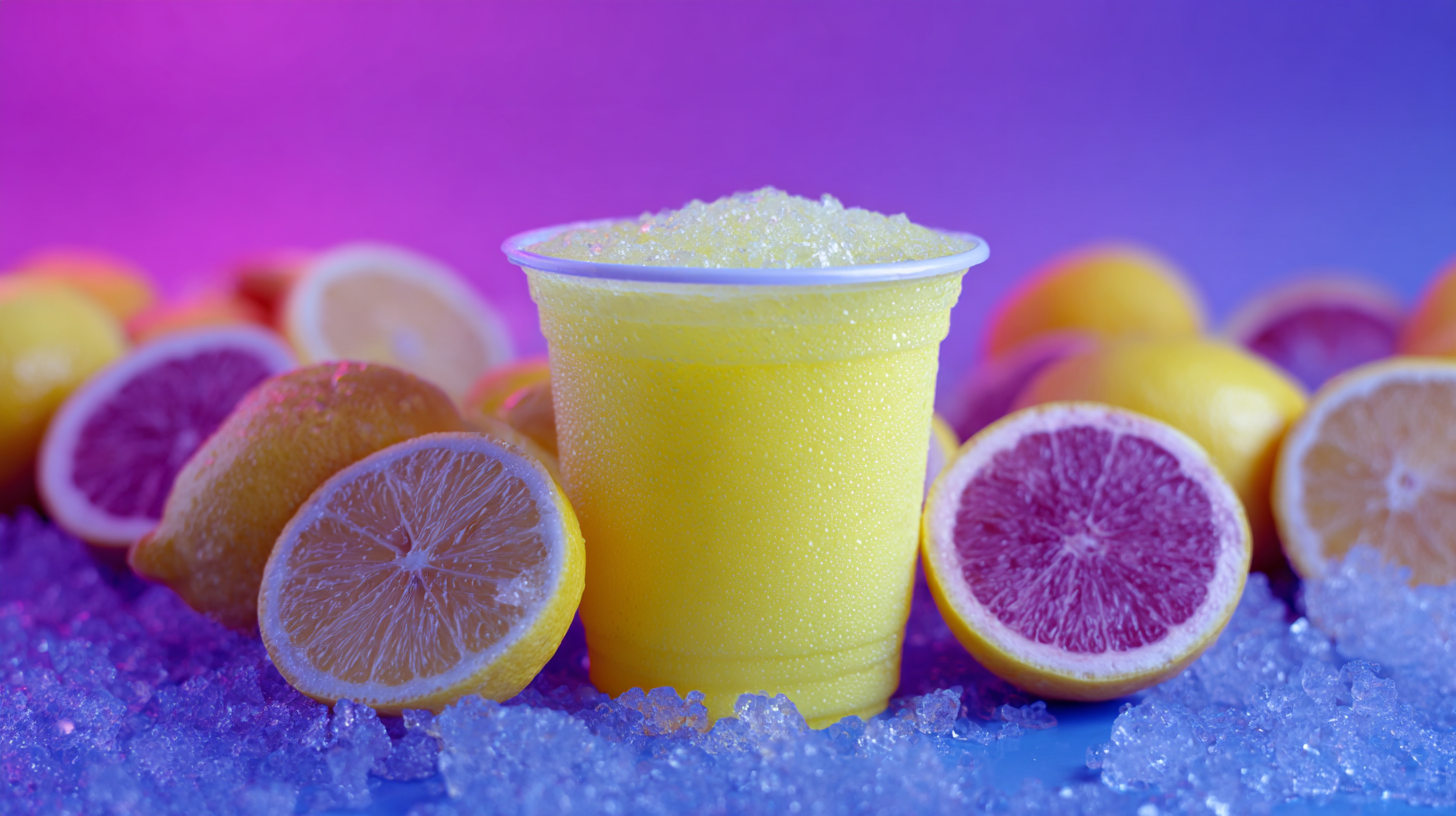· by James Archer · 3 min read
The Truth About Truth
Great advertising is exceptional truth-telling. In 1912, Harry McCann and four partners launched the advertising agency that would later become McCann Erickson. Their founding motto was “Truth Well Told,” which beautifully expresses one of the most fundamental (and often misunderstood) principles be…

Great advertising is exceptional truth-telling. In 1912, Harry McCann and four partners launched the advertising agency that would later become McCann Erickson. Their founding motto was “Truth Well Told,” which beautifully expresses one of the most fundamental (and often misunderstood) principles behind advertising and marketing. Consumers tend to mistrust advertising, believing it’s all about deception and manipulation. Advertisers themselves get wrapped up in this, believing a micro-lie won’t hurt anyone because (they suppose) the public doesn’t believe in advertising anyway. If you can increase the bottom line and get away with it, why not, right? Don’t worry, this isn’t an ethics lecture. Deception is bad for customers, bad for advertisers, bad for agencies, etc., but the reasons for it don’t always feel relevant to the individual making a decision. I’d love to ramble about all that stuff, but that’s not the real reason why you’re better off being honest. The real reason is that strict honesty actually makes for more effective advertising. It’s why McCann’s “Truth Well Told” has remained a relevant guideline for almost a hundred years. False messaging is unsustainable. Those who engage in this practice can coast for a while and may even see some success before it unravels. Inevitably, though, there comes a revealing news story, a frustrated customer with a big audience, or just the slow attrition of disillusioned customers who quietly disappear. Long term loss isn’t worth the short term gain. In an oversaturated marketplace, you need the extra edge that comes from having your message and your reality in perfect alignment. When that alignment exists – when you can talk about yourself without doubt or hesitation, and your hints and promises are consistently fulfilled – your customers sense something different and appealing about you, even if they can’t quite name it. I recently came across an article about how Coca-Cola is defending itself against claims of false advertising for their Vitaminwater product by arguing that consumers would never think it’s actually healthy in the first place. Here’s some wording from their website:
vitaminwater is a great-tasting, healthy enhanced water that is packed with nutrients. In addition to providing a perfect complement to everyone’s less-than-perfect diet, each vitaminwater variety has a unique combination of nutrients to deliver a specific benefit to get you through your day… vitaminenergy is a great-tasting, healthy energy drink that is fueled with nutrients for natural energy… glaceau products are specially formulated to help people on the go feel better, perform better and live healthier lives through better hydration. As such, we are proud to partner with athletes, artists, actors and other individuals who embody the ideal of good health and wellness and who genuinely incorporate glaceau products into their healthy lifestyles…
Not much ambiguity there. They’ve solidly pitched their sugar water as a health product. Coca-Cola got swept up in the temptation to deceive the public about the nature of their product, rather than trying to work with what it actually is. Now, they’re facing the consequences of that decision. If what you’ve got isn’t enough, don’t make up new but irrelevant things to talk about. Instead, focus on making sure what you have is enough. Figure out what makes you awesome, and then determine how best to talk about that. Even if it’s not what you initially think the market wants, pure honesty about an imperfect offering can resonate more strongly than empty promises ever could.



